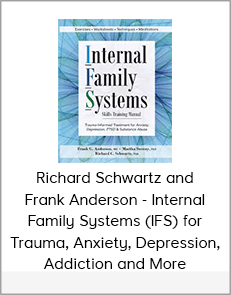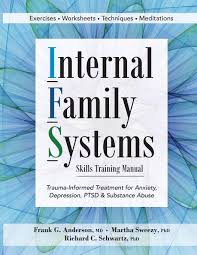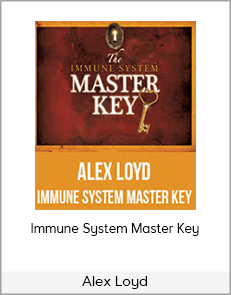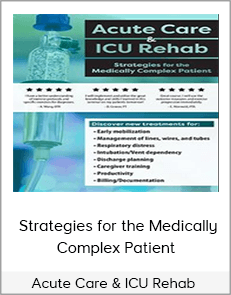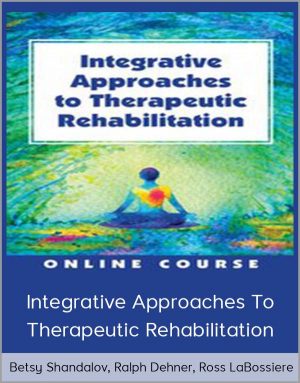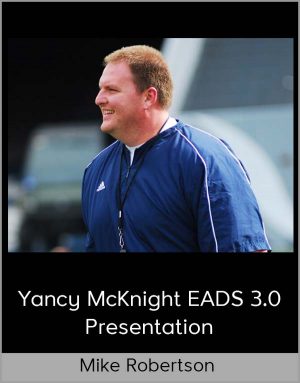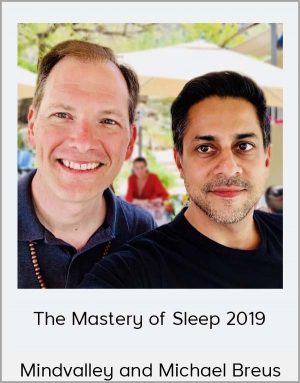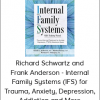Richard Schwartz and Frank Anderson – Internal Family Systems (IFS) for Trauma, Anxiety, Depression, Addiction and More
$90.00$299.99 (-70%)
Learn how IFS therapy can maximize clients ‘ potential for self-healing and compassion
Richard Schwartz and Frank Anderson – Internal Family Systems (IFS) for Trauma, Anxiety, Depression, Addiction and More
Check it out: Richard Schwartz and Frank Anderson – Internal Family Systems (IFS) for Trauma, Anxiety, Depression, Addiction and More
Internal Family Systems (IFS) for Trauma, Anxiety, Depression, Addiction and More by Dr. Richard Schwartz and Dr. Frank Anderson
**More information:
Description
Revolutionize your clinical approach and help your clients heal with the internal family systems therapy (IFS) model.
Developed over 30 years of clinical work, IFS’s evidence-based approach is filled with simple yet powerful tools for treating many mental health issues, working with the various “parts” that clients find within themselves. IFS provides a master framework to help clients listen and evaluate the value of each part, and then work effectively with each of them to achieve impressive results.
Now you have the chance to join IFS Creator Richard Schwartz, PhD, and IFS organization Chairman Frank Anderson, MD, to explore step-by-step a model of transformational therapy that can offer breakthrough treatment for injuries, anxiety, depression, substance abuse, eating disorders, and more.
In this intensive online course, you will discover the capabilities of IFS by seeing it in action through real session videos, as well as through easy-to-use experience-based learning modules.
And when you sign up today, you will also get access to special bonus videos and clips with resources that will help you immediately start using IFS in your practice, as well as access to an exclusive recording of conversations with Q andA featuring Richard Schwartz and Frank Anderson.
Don’t miss this opportunity to delve into an approach that, in the words of world-renowned trauma expert Bessel van der Kolk, “changed the way we treat.”
MODULE 1: IFS Basics with Dr. Frank Anderson
Join IFS and trauma expert Frank Anderson and find out all that this therapy model can do for you and your clients. In this hands – on and hands – on training, you will gain a fundamental understanding of IFS – including its basic methodology, neurology roots, and clinical application-so that you can fully unlock its potential for permanent healing.
This module includes:
IFS Overview
In this lesson, Frank will offer a step-by-step description of the IFS model and teach you how it applies to your clients. Learn the roles of emotions, pain, and trauma in a person and begin to understand common client responses such as substance abuse, suicidal thoughts, obsession, conflict prevention, overeating, cutting, and more. Learn how to identify the “core of Self” within the client that has the ability to heal for a long time.
Get access to internal healing resources
Through video sessions and practical instructions, Frank will teach you how to evaluate your clients ‘ diagnoses and symptoms (such as PTSD, anxiety, depression, and eating disorders) through the lens of the IFS methodology. Learn how to set therapeutic goals and get access to proven processes for working with different “parts” of your client.
In-depth overview of why IFS works
In this lesson, you will learn about the science behind the IFS model, including research and evidence that demonstrates the unique ability of IFS to continually heal the brain and body.
The process to permanent healing
In this final session, Frank will guide you through a transformative five-step process to permanent healing, including ways to overcome abuse, trauma, and other clinical problems. It will also equip you with a post-healing process for use in future sessions and train your client for home use. Finally, with a video demonstration in the session, you will see how to change your client’s emotional memory so that your clients can leave with a sense of lasting healing.
MODULE 2: Internal family systems step by step with Dr. Richard Schwartz
See IFS in action, directly with the Creator of the therapy model, Richard Schwartz, Ph. D. Watch a dramatic and exciting clinical session between Richard and Jodi, a woman who has been haunted by early childhood trauma all her life. Watch as Richard guides Jodi step by step on a journey that allows her to fully utilize her personal transformation ability. Then listen directly to Richard, who explains the instant decisions that led Jody to a single session, a breakthrough healing.
This module includes:
Introduction to IFS
Learn how IFS therapy can maximize clients ‘ potential for self-healing and compassion. The key to achieving this is recognizing the difference between the inner parts and the Self, and elevating the Self to an effective leadership position.
From emotion to integration: clinical demonstration and commentary I
Look at Dr. Schwartz’s session as he implements his IFS approach with his client Jody, who has been stuck for years and has lost hope. This session combines clinical video with live commentary.
From emotion to integration: clinical demonstration and commentary II
The clinical video and commentary continues in this session, culminating in a dramatic transformation of the client as Jodi moves from chronic fear and anxiety to healing and joy.
Richard Schwartz answers therapist’s questions about IFS
Listen to q & a recordings with Richard Schwartz and psychotherapy Networker editor rich Simon. This session answers specific questions from participants about how the IFS model can be integrated into clinical practice.
The myth of the unitary self: a dialogue about the multiplicity of mind
with Richard Schwartz, PhD and Daniel Siegel, MD
Neuroscience, social psychology, and artificial intelligence all agree that each of us is made up of multiple identities that explain the richness and complexity of the human experience. At the same time, there is more than one way to use this knowledge to achieve therapeutic healing, self-awareness, and growth. This video will show how two well-known psychotherapists bring the concept of multiplicity to their therapeutic work.
IFS for complex trauma
with Richard Schwartz, PhD
Watch an unusual clinical video that illustrates how IFS can help a client who has suffered a complex injury. You will learn how to connect clients with the calm, compassionate core Self that is the source of internal leadership, as well as how to avoid becoming the main figure of attachment, and instead open the way for the client’s own Self to emerge.
IFS In-Session: getting permission from a part
with Frank Anderson, MD
In this short video, Frank demonstrates the process of working with a stable detail and requesting permission to access the client core. This video, taken directly from a session with one of Frank’s own clients, is an invaluable resource that you can refer to again and again when implementing IFS in your practice.
IFS session: working with the restless part
with Frank Anderson, MD
Frank will show you how to work with the overly concerned part that prevents his client from experiencing emotions. Listen to the questions Franks asks and the steps he takes to calm the restless part and make it part of the healing process.
The inner game of psychotherapy
with Richard Schwartz, PhD
In this keynote, Richard Schwartz will present a video demonstration of how he uses the IFS approach to help clients with trauma communicate with their core Self, as well as integrate and embrace their conflicted and denied inner parts.
More information about medicine:
Medicine is the science and practice of establishing the diagnosis, prognosis, treatment, and prevention of diseases.
Medicine includes various methods of medical care designed to maintain and restore health through the prevention and treatment of diseases.
Modern medicine uses biomedical science, biomedical research, genetics, and medical technology to diagnose, treat, and prevent injuries and diseases,
usually with pharmaceuticals or surgery, but also with various treatments such as psychotherapy, external splints and traction, medical devices, biologics, and ionizing radiation.
Medicine has been around for thousands of years, for most of which it has been an art (a field of skills and knowledge), often with links to religious and religious beliefs.
philosophical beliefs of the local culture. For example, a medic used herbs and said prayers for healing, or an ancient philosopher and doctor used bloodletting in accordance with theories of humor.
In recent centuries, since the advent of modern science, most of medicine has become a combination of art and science (both fundamental and applied, under the aegis of medical science).
Although the technique of stitching is an art learned in practice, knowledge of what happens at the cellular and molecular level in the tissues being stitched arises from science.

